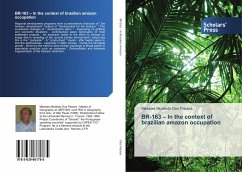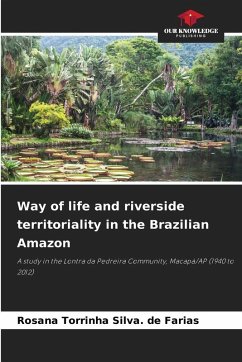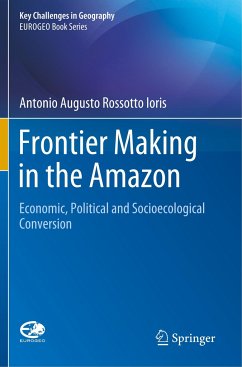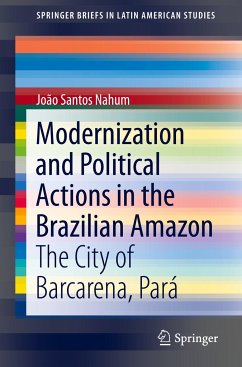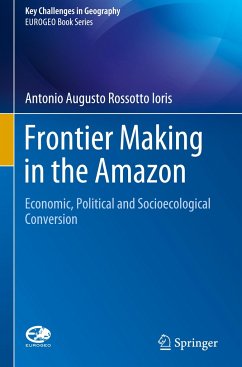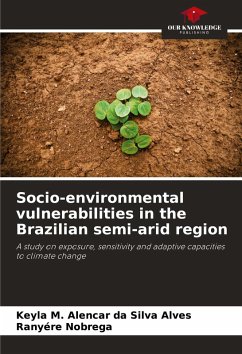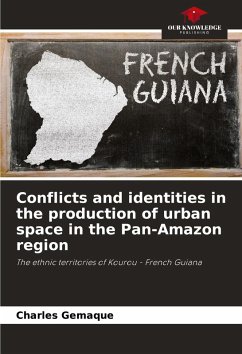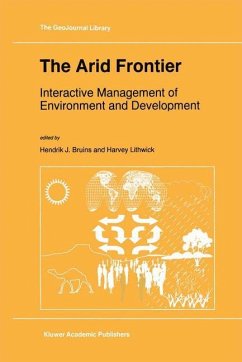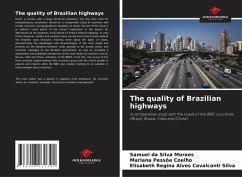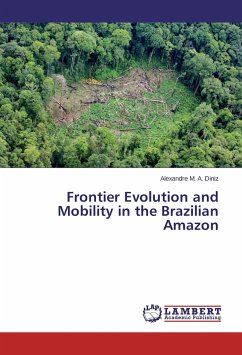
Frontier Evolution and Mobility in the Brazilian Amazon
Versandkostenfrei!
Versandfertig in 6-10 Tagen
37,99 €
inkl. MwSt.

PAYBACK Punkte
19 °P sammeln!
This work assesses the interplay between the evolution of frontiers and the associated geographical mobility/circulation in the Brazilian Amazon at the settlement level. It serves a dual goal: it explores the regularities in the frontier mobility process, and reveals the meaning of frontier migration and settlement dynamics for people's lives. To address these objectives a combination of theoretical frameworks (positivist, historical-structural and humanistic approaches) and multi methods is deployed. Frontier settlers and settlements of Central Roraima State, Brazil, are used as reference in ...
This work assesses the interplay between the evolution of frontiers and the associated geographical mobility/circulation in the Brazilian Amazon at the settlement level. It serves a dual goal: it explores the regularities in the frontier mobility process, and reveals the meaning of frontier migration and settlement dynamics for people's lives. To address these objectives a combination of theoretical frameworks (positivist, historical-structural and humanistic approaches) and multi methods is deployed. Frontier settlers and settlements of Central Roraima State, Brazil, are used as reference in this study. Results demonstrate that the path of frontier settlements influences migration selectivity, migrant source regions, migration histories, predominant migration type, migration pull factors, and circulation spatial and temporal patterns.



